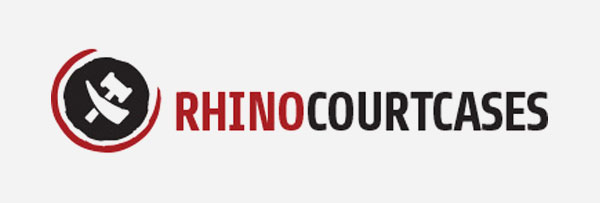What is #WildEye?
#WildEye is a resource that provides easy access to data on wildlife trafficking and other environmental crimes.
Developed by journalists for journalists, it maps information on seizures, arrests, court cases and convictions. The platform also hosts a growing dossier of investigative reporting that either uses the map’s data, or is otherwise related to environmental crimes.
Why #WildEye? Why now?
What are law enforcement agencies and the legal systems doing about illegal wildlife trade and other environmental crimes? In the post-Covid-19 era, this question is not only a concern for environmentalists focused on saving endangered species.
Until now, there has been no single place to access information easily on efforts to crack down on environmental crimes in Europe, Asia and Africa. #WildEye addresses this gap by tracking and sharing data on justice in action.
What does #WildEye do?
There are currently five different versions of the tool: #WildEye Global, #WildEye Europe, #WildEye Asia, #WildEye Southern Africa and #WildEye Eastern Africa. The maps are populated with icons containing information about a seizure, an arrest, a court case or a conviction – as per the interactive filter.
The default display on the maps is ‘All categories’. If you only want information about one category, click on the filter in the top left on the map.
Hover your cursor over any icon and a text box will pop up, providing detailed information about what products were seized, who was arrested, and how much they were fined, for example.
The tool includes a search function at top left to help users filter information and find topics of interest. If you want to learn about illegal trade in birds, for instance, simply type “birds” in the search box and you’ll get results covering seizures, arrests, court cases and convictions involving that word.
You can use the alert system on the maps to subscribe to receive alerts on either an area or a specific case. Each time the data is updated, you will receive an email with this information.
How can journalists use the tool?
Journalists can use #WildEye to track specific data, patterns or trends for use in their investigations. At the click of a button #WildEye can show you where law enforcement efforts are concentrated in Asia, for instance, and whether this is leading to judicial certainty.
Why are there more seizures in some countries than others — is this due to more intense controls, or to the preference smugglers have for certain routes? Why do so few seizures result in prosecutions and (fewer still) convictions?
Journalists can use the data to identify cases on which to build new stories, through court records, or freedom of information requests. If you would like us to share the raw data with you, please see Get the Data, or contact us at [email protected].
Can journalists add data to #WildEye?
Yes. Journalists are encouraged to share data via the tool whenever they come across it. If you know of seizures, arrests, prosecutions or convictions that are not on #WildEye, please contact us here. Contributing to the consolidated database will help you keep track of information, for research and story purposes.
Can journalists also add stories?
Yes. One of the goals of #WildEye is to build on our dossier of stories based on the tools’ data. The stories produced through the help of #WildEye data are featured on our investigations page, on the Oxpeckers site, and by partner media outlets.
Share story ideas with us here. And if you use # WildEye data in your investigations, please let us know so we can help share your stories. Your feedback will assist in refining #WildEye for use by other journalists.















